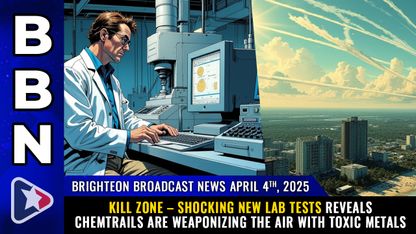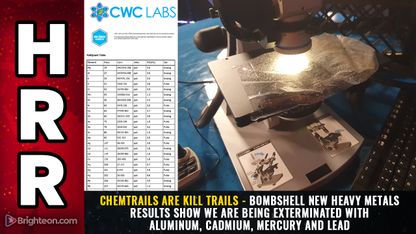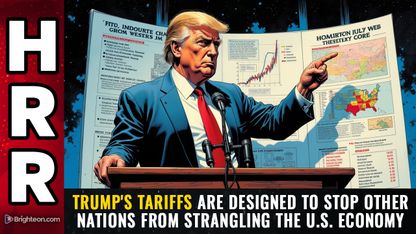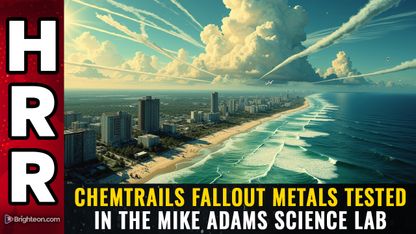
"With all respect that’s just nonsense," said Health Secretary Alex Azar on Fox News. "We have comprehensive plans from the [Centers for Disease Control and Prevention] working with 64 public health jurisdictions across the country, as our governors have laid out very detailed plans that we’ve worked with them on."
"There are plans," said Dr. Moncef Slaoui, chief adviser for Operation Wasp speed, in an interview on CNN. "There are videos that describe how to do it, because these are special conditions, given the cold chain, very cold, particularly with the Pfizer vaccine."
Operation Warp Speed is the administration's effort to speed up the development of vaccines and treatments for COVID-19.
Democratic team hasn't been in contact with administration health officials
During a press conference on Friday, Dec. 4, Biden stated that the Trump administration "clued us into" the latter's plan to distribute the COVID-19 vaccine to various states.
"But there is no detailed plan, that we’ve seen anyway, as to how you get the vaccine out of a container into an injection syringe into somebody’s arm," he claimed. "And it’s going to be very difficult for that to be done and it’s a very expensive proposition."
In recent months, federal health officials have outlined how COVID-19 vaccines would be distributed once they were available.
On Dec. 2, the Department of Health and Human Services (HHS) and the Department of Defense (DOD) held a joint briefing to talk about plans to distribute and administer the vaccines.
According to Azar, the Trump administration is leveraging hospitals, pharmacies, public health departments and even community health centers in their plans to distribute the shots.
"This is being micromanaged and controlled by the United States military as well as our incredible private sector," Azar said. "We do hundreds of millions of vaccinations a year, we're leveraging the systems that are known and that work here in the United States."
Slaoui suggested that Biden's confusion over vaccine plans may stem from a lack of contact from the Democratic team with their team.
"We haven’t had a chance yet to sit down with the transition team and explain in detail everything that has been planned and been done. We look forward to that happening," he said. "We actually, I think, have a meeting planned later this week."
"I do think that part of the plans or maybe part of the confusion is – part of our plans is that the jurisdiction and the state health agency in each [state] are going to take on the responsibility and accountability of actually delivering the vaccine," Slaoui added in an interview on CBS.
Two vaccines in the running for emergency approval in the US
The Food and Drug Administration (FDA) is currently in the process of reviewing two vaccines that have been submitted for emergency use application: one from Pfizer and another from Moderna. Both companies had previously been invited to a White House "Vaccine Summit," but have since declined.
Authorities are set to meet on whether to give emergency approval to Pfizer's vaccine on Dec. 10, with a meeting on Moderna's set to follow in seven days. The former's vaccine has already been approved for use in the U.K., making it the first vaccine to be authorized by a Western nation. (Related: Pfizer demands "emergency" authorization from FDA for experimental Covid-19 vaccine.)
Even if Pfizer's vaccine also gets approval in the U.S., the questions remain of whether the company can provide enough of it. Pfizer had originally promised that they would have 100 million doses of the vaccine by the end of the year. But the company has since halved that number to only 50 million, blaming their issues on supply chain challenges.
Follow Pandemic.news for more on the race to develop COVID-19 vaccines.
Sources include:
Please contact us for more information.























